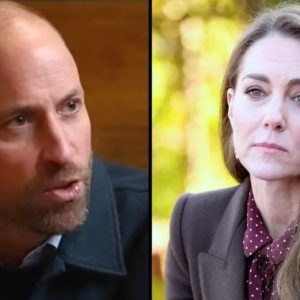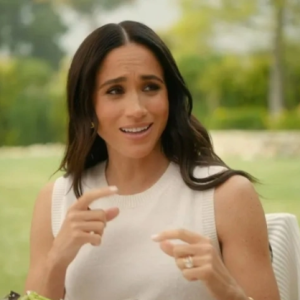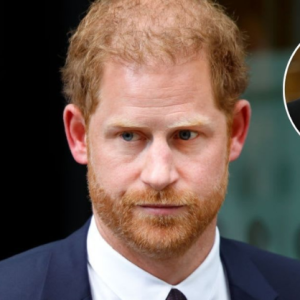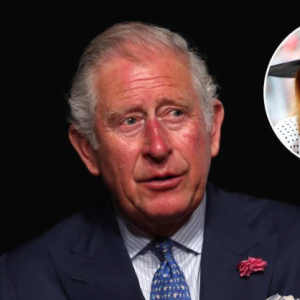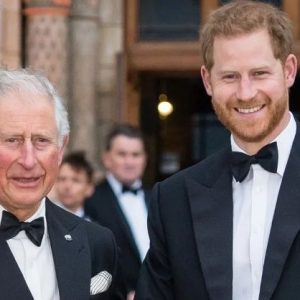
King Charles III has honoured those whose “service and sacrifice” helped bring an end to World War Two in a heartfelt message marking the 80th anniversary of Victory over Japan Day (VJ Day).
In an audio message recorded earlier this month, the King vowed that those who fought and died in the Pacific and Far East “shall never be forgotten.” He and Queen Camilla, joined by Prime Minister Sir Keir Starmer, will attend a remembrance service at the National Memorial Arboretum in Staffordshire.
Remembering the End of the War
VJ Day, observed each year on 15 August, marks Japan’s surrender in 1945, which ended the war. Around 71,000 soldiers from Britain and the Commonwealth lost their lives fighting Japan, including more than 12,000 prisoners of war who died in captivity.
Reflecting on his grandfather King George VI’s announcement of victory 80 years ago, Charles said: “For the millions of families gathered around their wireless sets, and for their loved ones still serving far from home, it was the message a battle-weary world had long prayed for.”
He continued: “On this day of profound remembrance, I speak to you in that same spirit of commemoration and celebration as we honour anew all those whose service and sacrifice saw the forces of liberty prevail.”

The “Forgotten Army” and Allied Forces
Charles recalled how the war in South East Asia reached its climax under the leadership of his great uncle, Lord Mountbatten, alongside General William Slim. Together they repelled Japan’s advance into India and retook Burma. Yet Slim’s soldiers became known as the “Forgotten Army” because attention at home was fixed on Europe.
As Patron of the Burma Star Memorial Fund, the King said it was his privilege to reassure veterans that “they and their fallen comrades shall never be forgotten.” He also praised Allied pilots, prisoners of war who endured brutal captivity, and civilians who suffered grievously under Japanese occupation.
“Their experience reminds us that war’s true cost extends beyond battlefields, touching every aspect of life – a tragedy all-too vividly demonstrated by conflicts around the world today,” he observed.
Acknowledging Hiroshima and Nagasaki
The King also remembered the victims of Hiroshima and Nagasaki, where atomic bombings in August 1945 killed more than 200,000 people. “But in recalling so much suffering, we must not lose sight of how great was the cause and how sweet the victory,” he said.
Charles highlighted the cooperation between nations, faiths, and cultures during the war: “Together they proved that, in times of war and in times of peace, the greatest weapons of all are not the arms you bear, but the arms you link.”
He concluded with a tribute to families of veterans: “Please know that the courage and camaraderie displayed in humanity’s darkest hour is a flame that shall blaze for eternity – a beacon that honours our past and guides our future.”

Commemorations in the UK
Events marking the anniversary began Thursday with a sunset ceremony at the Memorial Gates in London, including a lightshow and stories projected onto the gates. Lord Boateng laid a wreath on behalf of the King.
At dawn Friday, bagpipers played laments at the National Memorial Arboretum and Edinburgh Castle. Later in the day, a national two-minute silence will be held, followed by an RAF Red Arrows flypast. The King and Queen will meet veterans and their families at a remembrance service, with further events planned at Windsor Castle this autumn.
Japan’s Reflections
In Tokyo, Prime Minister Shigeru Ishiba led a government ceremony stressing the importance of peace. “We should never repeat the devastation of war. We will never ever make a mistake in choosing the path to take,” he said, adding that lessons of the war must be “engraved deeply in our hearts.”
Thousands visited the Yasukuni Shrine to honour Japan’s war dead, though the site remains controversial because it also enshrines convicted war criminals.
